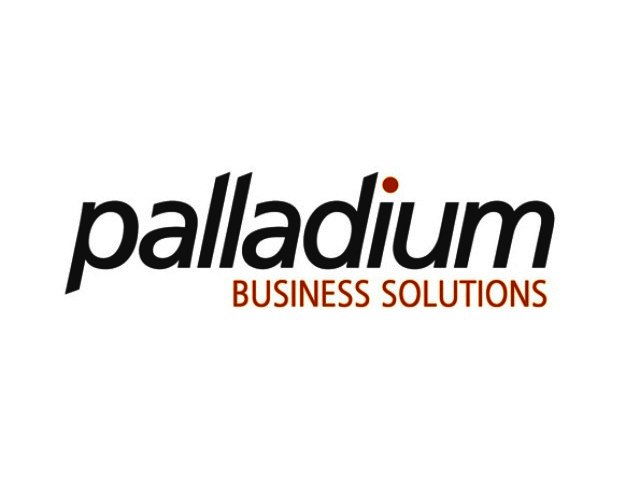Cloud-based business applications now offer viable alternatives to the unwieldy, inflexible, and expensive systems that have long dominated this sector. Cloud ERP vendors like Acumatica are now offering cost-effective solutions to companies that cannot afford the traditional onsite software.
Acumatica is already having a disruptive effect on the ERP market by offering easy-to-use, sophisticated, flexible and highly mobile applications. It also won the prestigious PC Magazine Editor’s Choice Award: ‘The Best Enterprise-Class General Ledger Accounting Software of 2016’.
Palladium Business Solutions managing director Stephen Corrigan says the business solutions market is fast moving beyond the era of traditional software. “It is now driven by the need to engage more closely with customers, suppliers and employees alike. Innovative companies have a desire to leverage that engagement and differentiate themselves from their slower moving competition.”
Traditional ERP systems have long been criticised for their high cost, lack of flexibility, and difficulty of implementation. New enterprise-grade cloud applications are fast replacing old ERP systems as companies move to become more flexible, modern and more mobile.
Companies looking to implement such systems, however, must look beyond the hype surrounding them, and consider them in the context of an actual business case. That should include the benefits, such as faster implementation, lower costs, a shift to a subscription-based purchasing model and the security issues involved.
"We are in our fourth year of Acumatica implementations with no major hiccups and have been impressed at how rapid we can implement compared to the tedious traditional ERP systems," he explains.
The world of business application software is rapidly transforming how organisations source and implement ERP systems. CIOs are rethinking their approach to the software that runs virtually every medium and large organisation in the world.
Sold on either a perpetual license or on a Software-as-a-Service (SaaS) subscription basis, these systems offer companies the promise of reduced costs, while giving customers, suppliers, and employees alike a better user experience, greater functionality and more control over how the systems are used.
In addition, Acumatica has a new fresh approach in that it doesn’t charge on a per-user basis, but rather one that is based on the number of system processors used makes all the difference. In addition, the concerns around cloud computing become a non-event as Acumatica can be installed on premise, on a local server, or in the cloud as required and can be ported from one to the other with ease.
Corrigan believes Cloud ERP is accelerating faster than analyst predictions. "Cloud ERP is an approach to ERP that makes use of cloud computing platforms and services to provide a business with more flexible business process transformation."
"Cloud based ERP benefits customers by providing application scalability and reduced hardware costs. In addition, Cloud computing technology made it easier for vendors like Acumatica to deliver their ERP through a software as a service (SaaS) model, almost on a pay-as-you-go basis, for customers who want to acquire cloud ERP and not have to manage hardware, software, and upgrades while reducing up-front expenses," he concludes.
Cloud ERP software and cloud accounting software is designed to address the inflexibility of existing ERP solutions by allowing businesses to choose the deployment option that fits their specific needs. Cloud ERP is a flexible and cost-effective option for small and medium-sized businesses and offers extensive benefits for growth and expansion.
For more information, contact Palladium Business Solutions at (011) 568-2900.





